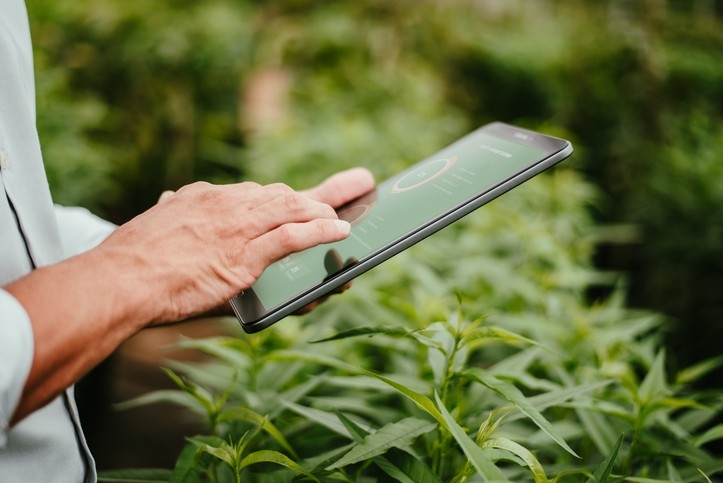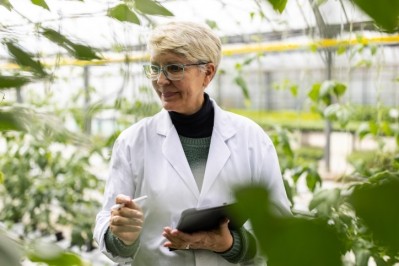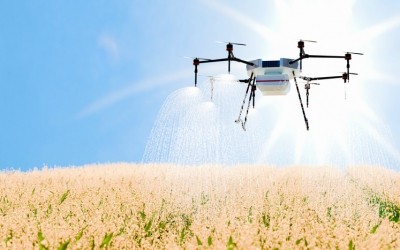Gamaya and Terraview merger set to target ‘overlooked’ tropical crop sector

Swiss company Gamaya uses hyperspectral imaging, embedded cameras, and AI to provide insights to growers. Its flagship product CanaTrace is a monitoring, reporting, and verification toolset used in the global sugarcane industry.
Singapore-based Terraview makes machine-learning software developed specifically for the wine industry. Its flagship product TerraviewOS provides risk and irrigation forecasts across more than 35 vineyards in Spain, US and Australia. Its latest release, Aquaview, is an AI product built to offer near real-time irrigation insights.
The pair have announced their merger, with a view to combining their AI-powered platforms to enhance sustainability and climate-resiliency in global food production.
The move aims to address decarbonisation and water efficiency in sugarcane and grape crops, with plans to expand into additional value chains and new markets. The merged company will operate under the Gamaya brand.
“This is a strategic merger that leverages complementary technology platforms across additional crops in additional growing regions,” Terraview’s co-founder Prateek Srivastva told AgTechNavigator.
“Gamaya is the industry leader in agronomic intelligence for sugarcane, and this merger will extend into viticulture, where Terraview has a strong foothold and it will enhance offerings with advanced features such as AI forecasting, anomaly detection, and operational efficiencies," he explained.
“We are working with industry leaders across the entire agricultural value chain to enhance the sustainability and resiliency of farming practices,” he added. “This merger enables us to deliver measurable and verifiable outcomes in key areas such as decarbonisation and water use efficiency, addressing two of the most pressing issues in the agriculture sector today.”
Tropical crops ‘overlooked’
The long-term goal of the merged entity, meanwhile, is to “lead farming sustainability for tropical crops, which are crucial for addressing the climate crisis but have been overlooked in terms of innovation" added Gamaya CEO Yury Vasilkov.
To date, he claimed, much of agtech has failed to deliver on its promise, and a big reason for this has been the lack of collaboration between scaled, crop focussed and reliable products.
"With existing leadership positions in sugarcane and grapes, Gamaya will expand its products and fine-tune its technology to address carbon emissions and water management across more crops to help solve for sustainability."
The merger also aims to help the agriculture sector deal with an increasingly challenging and unpredictable climate, added Srivastva.
"With climate challenges, the knowledge of in season appears to be no longer enough. To understand and solve for building a sustainable food system, the need is to know more and know more near term (0-3 years) with additional, verified information collected over a period of time.
“With sustainability and decarbonisation at the core of building Gamaya, this merger will allow an interesting accelerated model learning unlock which will take away the pain of experimenting and doing POC’s before relying on the technology.
“This merger will allow learnings of multiple crops, with verified agronomic outcomes over the last 15+ harvests, alongwith remote sensing data, weather data, soil data, water stress, irrigation data, carbon sequestration data and more to feed into building newer, more advanced AI forecast systems, immediately.
“With that, the merged platform will not just surface information around the crop and farm on in season harvest but will also be able to offer a more reliable and efficient outcome around irrigation needs for in season and future seasons, offer farm suitability for growing food with/without regenerative agriculture and also help understand the footprint being created today and in future.”
















